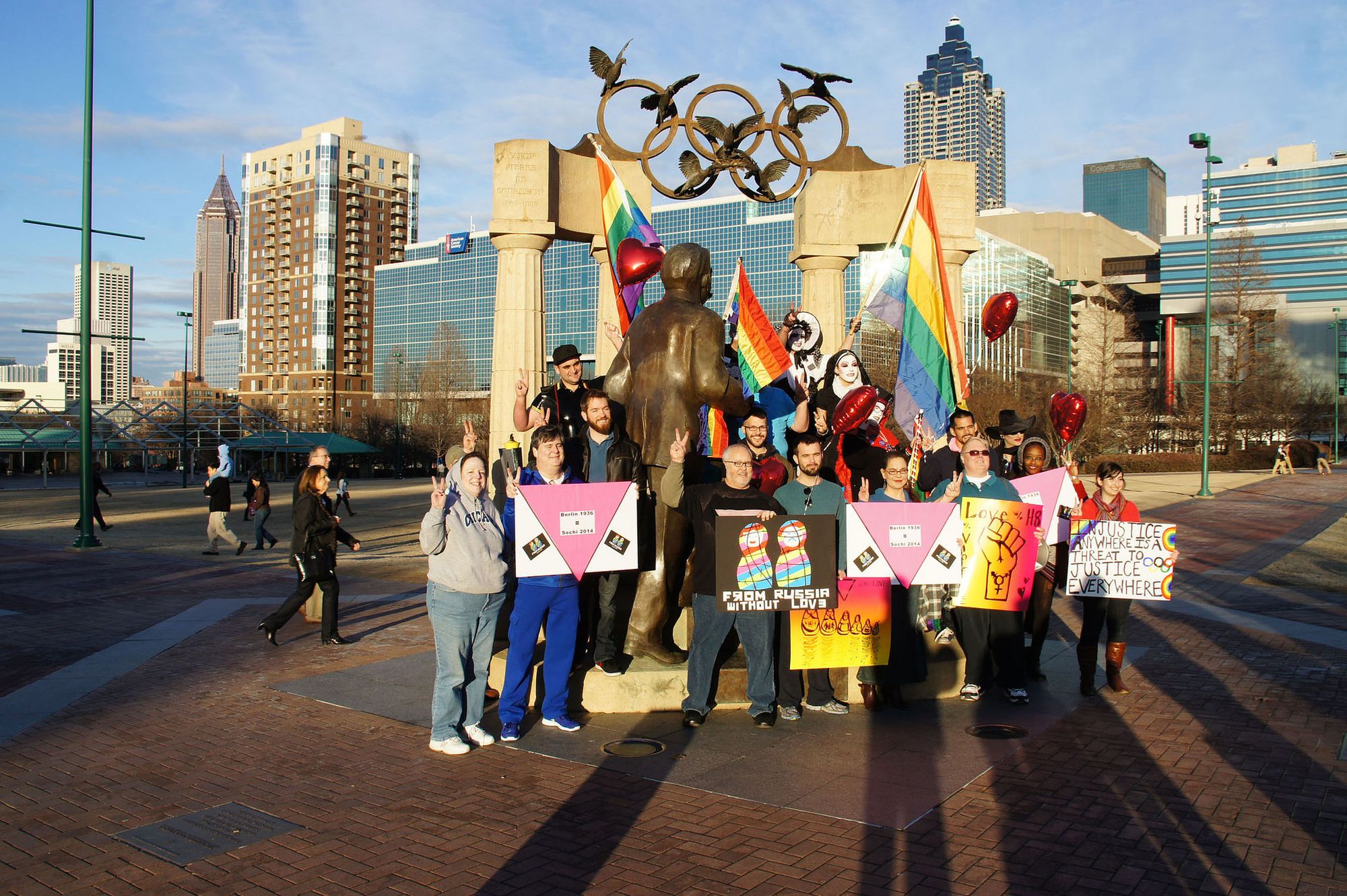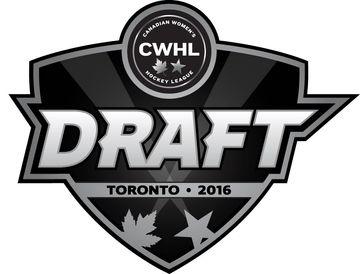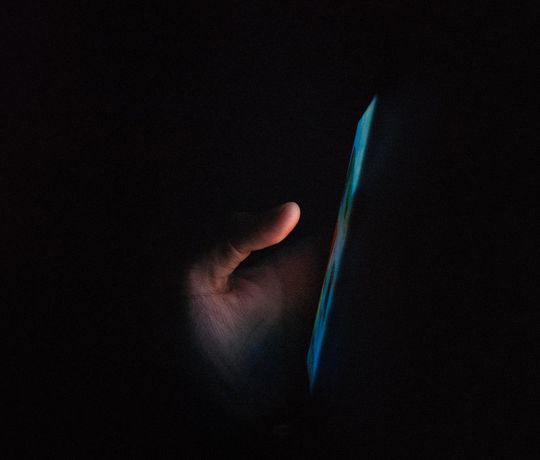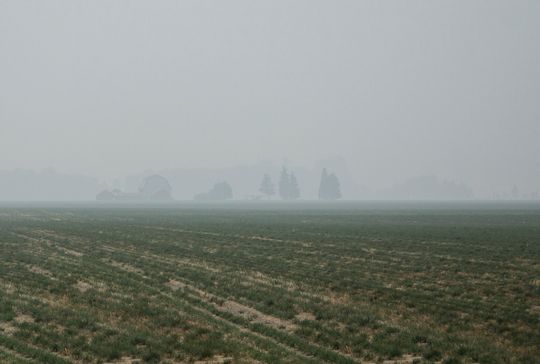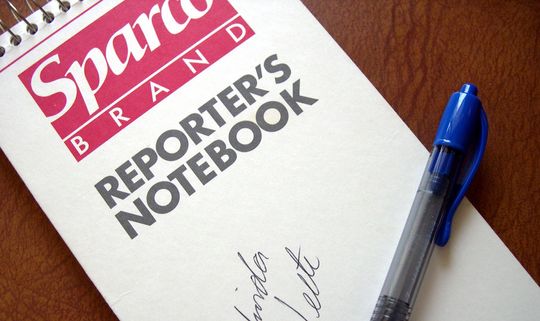This past Thursday, Cyd Zeigler, co-founder of SBNation's popular Outsports site, was quoted as voicing his frustration that there are no publicly out gay men in any of North America's major sports leagues. When pressed for the reason this might be, he stated that closeted gay athletes were "cowards" for not coming out. He explained that this concern was not for himself, but for children who are in need of role models. He has since apologized on his website for both remarks. I have no interest in evaluating his lengthy apology, but I think the views he initially expressed are worth some further examination, as they aren't unique to Zeigler's perspective. While I can only imagine how frustrating it must be for someone who has written about LGBT issues and sports since the late 90s, I find this fixation on a publicly out gay male athlete to be a consistent and problematic theme in both LGBTQIA sports coverage and in the goals of some ally organizations.
It's not like there aren't examples of LGBTQIA athletes for children to look up to. Outsports has proclaimed the Rio Olympics to be the "gayest Games ever," with more than 50 competitors who were either publicly out before the Games began our have since come out in Brazil. The problem is that these athletes aren't who we're looking for. Women have come out in multiple sports. People of colour have come out in multiple sports. There are publicly out trans athletes. But none of these athletes have ever possessed the magical combination of being white, cis, gay, and a man playing in major pro leagues in North America.
Why is this sought-after gay man so important? Why do so many people think we need him?
As issues facing LGBTQIA folks become more mainstream, inevitably, LGBTQIA culture and LGBTQIA lives will become commodified. We have seen this play out with some of the larger Pride parades in recent years. While Pride parades often have political roots, as they have become bigger and more mainstream, priorities have shifted. Pride in many major cities has become a huge date on civic calendars, with increased presence of politicians and political parties, active police participation, and massive corporate sponsorship.
In particular, Pride Toronto is one such event in which increased commodification of LGBTQIA culture corresponds with increased visibility. For the first time in 2016, Toronto's Pride celebrations extended for the whole month of June. But prioritizing that visibility comes at a cost -- a literal cost, in fact, since Pride celebrations cost money. Visibility might bring cishet acceptance, but it should not come at the expense of LGBTQIA safety and well-being.
One of Pride Toronto's biggest sponsors is TD Bank, which has been called out on multiple occasions in the past for transmisogynistic policies and for repeatedly discriminating against trans women, but its sponsorship allows TD to put up posters with rainbow colors and allows Pride Toronto to throw an even bigger party. Sponsorship buys corporations LGBTQIA credibility and good will from LGBTQIA folks and allies, even when the sponsor continues their transphobic, homophobic, or racist practices.
When Black Lives Matter Toronto protested during this year's Pride parade, many reacted with hostility. I don't think that all who objected to BLM TO halting the parade are ignorant of Pride's political roots. Rather, for those of us who are both white and LGBTQIA, understanding that queerness and blackness aren't distinct categories, that black LGBTQIA folks can't and shouldn't have to compartmentalize their identity, is challenging -- precisely because we don't experience systemic racism.
Some at the parade were frustrated with the BLM TO protest precisely because recognizing the racism that many LGBTQIA people experience seems to come, inexplicably, at the cost of LGBTQIA visibility for some white queers. The public outcry of many white gays and lesbians at Toronto's Pride parade was also about white, cis, gay, and lesbian folks fearing that mainstream assimilation might be compromised by the momentary hypervisibility of gay, lesbian, queer, and trans folks of color.
The commodification that has occurred in conjunction with increased visibility at some Pride parades has also happened with sports. As LGBTQIA athletes and fans have become more mainstream, that acceptance has become commodified. A network like SBNation (which is owned by Vox Media and correspondingly receives a large amount of ad buys and venture capital interest) can purchase a site like Outsports in 2013 and gain LGBTQIA credibility without putting in the years of work that Zeigler has, or without challenging the homophobia and transphobia that exists on the network's other blogs. Even publications like Outsports and ally organizations like Athlete Ally and You Can Play commodify LGBTQIA lives.
While I don't fault today's out athletes for using sites like Outsports or organizations like YCP to help tell their stories, especially given the rise of social media and the increased fixation on athletes' private lives, it is difficult for sites and ally organizations to participate in these moments without making your brand synonymous with a coming-out narrative. For cishet folks, coming-out narratives are moments that focalize allyship. When an athlete comes out, it's a moment of increased visibility for cishet people to demonstrate their own inclusivity. Outsports has whole sections on its site dedicated to such stories, and it's hard to imagine these narratives, which are driven by the cishet gaze in many ways and are written specifically for cishet consumption, do not drive site traffic.
Within this framework, it's difficult to ignore the multiple implications of comments calling athletes "cowards" for not being publicly out. This commodification has a hierarchy. White, cis, gay men are simply the most marketable athletes within the LGBTQIA spectrum -– much in the way that white, cis men are generally considered to be the most valuable demographic in mainstream culture.
A white, gay, cis, male athlete in a major sports league could be consumed in a variety of ways. He could be worn like a badge by his employers and by the league he plays in, like a human version of adding the rainbow flag to a corporate logo. He most definitely would be used to illustrate the diversity of a specific organization and league, without having that team and league do the hard work of challenging and changing the intertwined systemic issues of racism, religious discrimination, sexism, homophobia, and transphobia that are endemic to the sports entertainment industry. Even when he doesn't come out, he is still available for consumption, as we saw recently in the infamous and dangerous piece in which a straight Daily Beast reporter used Grindr to profit and capitalize on the sexuality of gay athletes while simultaneously jeopardizing the safety of those athletes.
Some of us are more consumable than others. Gayness is acceptable in an athlete only when he does not challenge other systemic issues that have created a fundamentally unequal society and discriminatory sports landscape. For a gay athlete to be accepted more broadly, he must reflect the other normative values of our cishet society so society can look past his gayness while paradoxically consuming the pain and discrimination that he went through to get to this point.
Not all LGBTQIA athletes are consumable. By prioritizing a white, cis, gay, male athlete savior, sites like Outsports and ally organizations ignore the LGBTQIA women of soccer, many of whom are both publicly out and publicly display queerness. Because prioritizing a publicly out man isn't about challenging racism in sport, the likes of Jason Collins, Michael Sam, Brittney Griner, and Angel McCoughtry take a backseat. Robbie Rogers is a white, cis, gay man -- but because he plays soccer in MLS, a sport that many North American fans still view as not sufficiently masculine, somehow he doesn't count.
It's important to recognize that this discrimination also erases athletes with disabilities. In two weeks, the Paralympics begin in Rio. Will Outsports run posts featuring LGBTQIA athlete proposals? Will that site and others that cover LGBTQIA issues in sport keep updating the record number of out athletes? Will they notice incidences of homophobia directed at Paralympians and people with disabilities? Will they run articles highlighting attractive Paralympic athletes like they have during the Olympics? When Outsports has covered gay Paralympians, it has often been as an afterthought to their other coverage. For as much traction as LGBTQIA issues are gaining in sports, many have been left behind as mainstream attention is sought. And while the unspoken requirement for an out pro in the NHL, MLB, NFL, or NBA is that he is white, it is also implicit that such a man would be able-bodied as well.
Before Rio was the gayest Games ever, Sochi was the Gay Games, and before Sochi, London was the first city to include LGBTQIA inclusion as part of their bid. In London, there were two publicly out Paralympians among the 4200 athletes who competed. Claire Harvey, a lesbian and Team Great Britain's captain in sitting volleyball in 2012, is exactly the kind of athlete whom Zeigler and many allies claim to want. Harvey acknowledges the importance of athlete role models such as Billie Jean King, who Harvey watched when she was growing up. As such, Harvey is an LGBTQ advocate and takes her job as a role model seriously. But she also acknowledges that individual athletes should determine if and what their public role will be:
Being a Paralympic team captain throws you into the media spotlight. That's the reality and there is nowhere to hide from it. I guess for me, I have accept[ed] that and then it's about how you use it. This is a hard question because I truly believe it should be everyone's choice what they do and don't share about their private lives with the media. If being out makes people uncomfortable then it isn't for them. However, on the flip side, for those of us that are okay with it, providing positive role models for young people and proving to the public that the LGBT community is as diverse as any other and we don't all live up to stereotypes is a positive thing. Much of people's fear and anxiety around sexuality is that it isn't talked about or normalized in public. I also think the LGBT community has some work to do in terms of reflecting on its tolerance to diversity and difference within. [Source]
Harvey's comments highlight what many LGBTQIA publications and ally associations are unwilling to acknowledge: there are LGBTQIA bodies and lives that are more celebrated, valued, and prioritized. Unfortunately, Harvey broke her hand while training to compete in shot put and javelin at the Paralympics in Rio, and won't be able to attend these Games.
Lee Pearson, Harvey's Team GB teammate in 2012, is one of Britain's most accomplished and well-known gay athletes. He has 10 gold medals in equestrian events at the Paralympics. Pearson has acknowledged the difficulties of achieving a "gorgeous, muscled body." This matters. There are narrow limits of acceptable appearance for gay men. Masculinity is highly policed. Gay men with disabilities like Harvey are not highly visible. His visibility would disrupt cishet perceptions of disability, but would also challenge what it means to be a man attracted to other men in LGBTQIA circles. This is worth talking about, but I suspect that most sites who cover LGBTQIA issues in sports won't even acknowledge the topic.
The Paralympic budget for Rio has been cut. News like this would promote outrage if it happened at the Olympics, but Paralympic athletes simply do not enjoy the same level of advocacy and visibility from the sporting world and from LGBTQIA organizations.
Sports fans regularly consume athletes' pain. Massive hits in hockey, gut-wrenching slides in baseball, and spectacular crashes in various kinds of relay races all make highlight reels that fans devour again and again. The appetite for this physical pain is at the heart of some fans' opposition to make sport safer. This hunger to enjoy and celebrate athletic pain maps easily onto how our society consumes LGBTQIA folks. Our cishet normative society creates the conditions for LGBTQIA pain, and that same society consumes that pain and views it as acceptance and inclusion.
This is why society values the coming-out narrative. For cishet folks, to be "closeted" is to live in shame, to live a lie, to be burdened by a painful secret. In this scenario, coming out allows cishet people to accept LGBTQIA folks, and thus alleviate our pain. By showing support for an athlete who comes out, fans, teams, officials, and leagues can demonstrate they are accepting without tackling the ways in which they are simultaneously discriminatory. By putting so much stock in notable coming-out stories, LGBTQIA media and ally organizations can market their interests without participating in the hard work of actual advocacy.
Ultimately, the pain of the white, cis, gay, male athlete is prized most of all because it can be consumed more readily, ignoring every LGBTQIA athlete whose pain is more disruptive -- pain that offers cishet society less resolution.
(Photo credit: Hotlanta Voyeur/Flickr)
